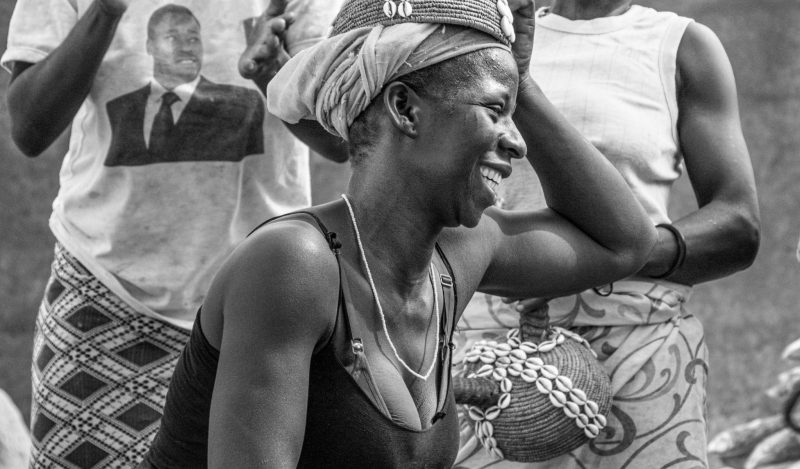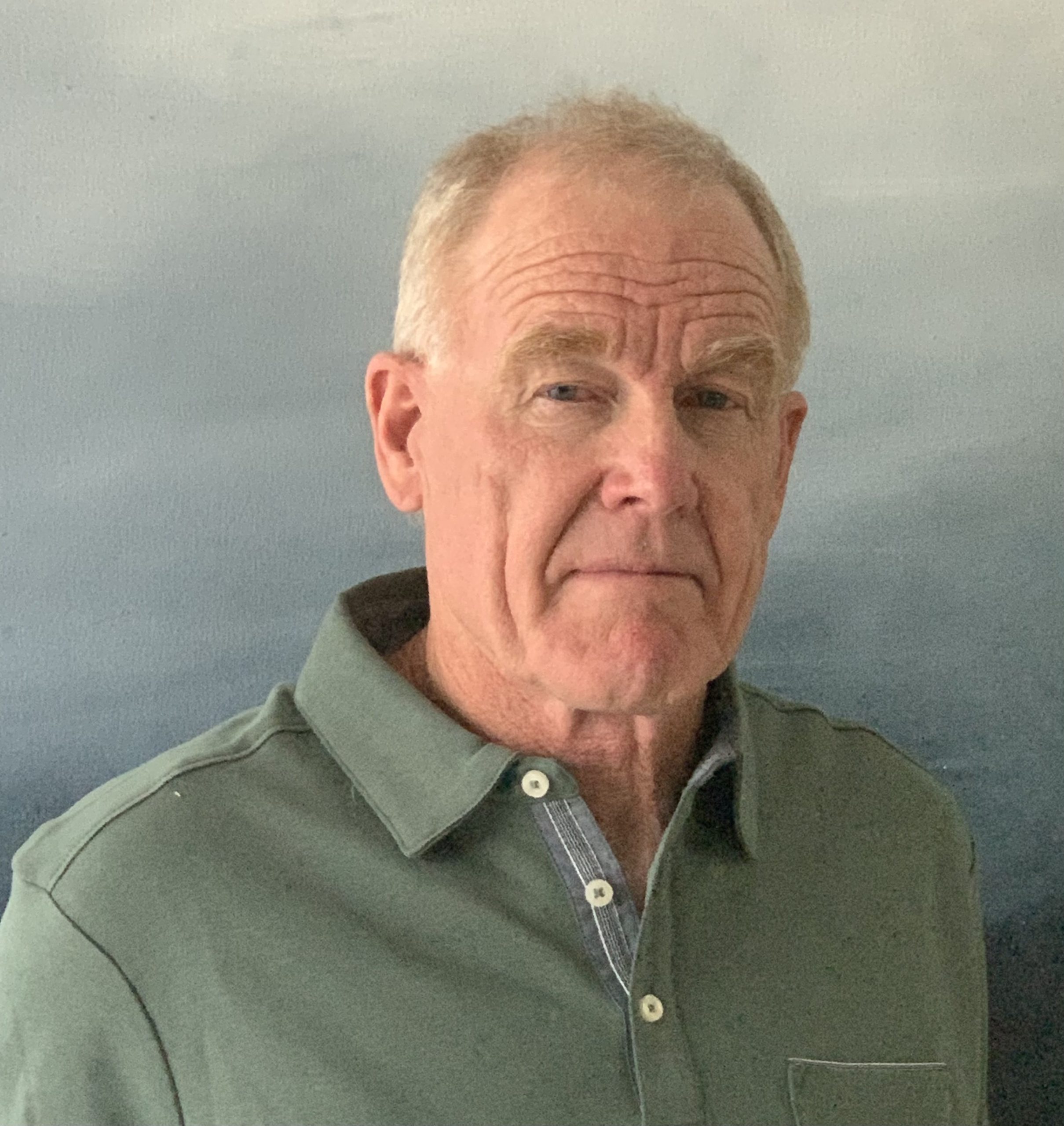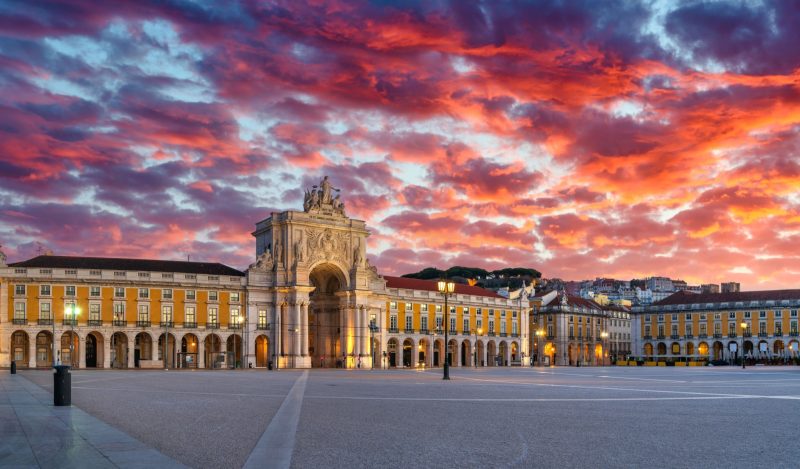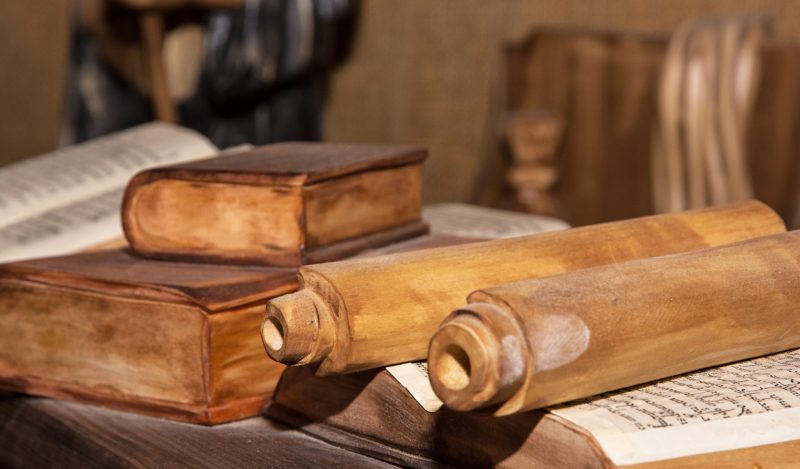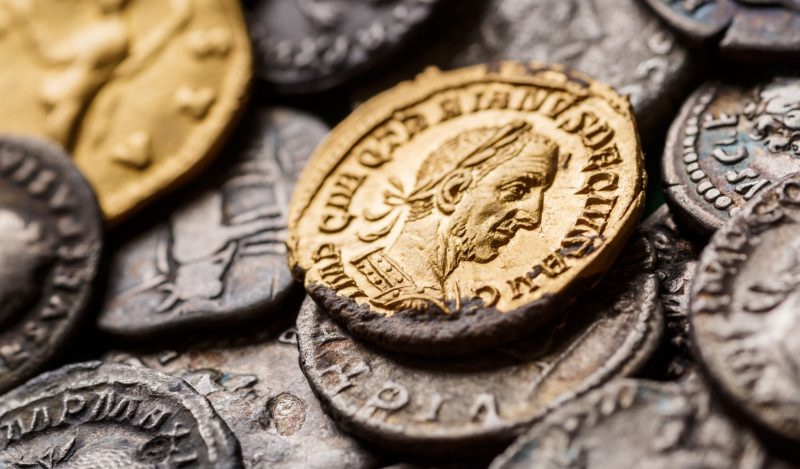West Africans endured slavery for 400 years, when 15 million human beings were forcibly captured and sold into bondage. During this era, the world’s major secular and sectarian institutions regarded slaves as no better than animals, but modern West Africans look to the future, adopting a philosophy of forgiving but never forgetting.
Unlike many first world countries, where activists attempt to expunge the past by destroying monuments and revising history, Africans understand that to forget is to dishonor the memory and sacrifice of their ancestors. Monuments to the past serve both as a remembrance and a warning of the proclivity of demagogues and elitists to deprive others of personal freedom.
In a dimly lit room of the museum Casa do Brasil in Ouidah, Benin, an illustration lying beneath the protective glass of a tarnished display case provides the key to the institutionalization of widespread human rights abuses. Slavery and less evident means of repression cannot occur without the cooperation of the diverse institutions and the perverse assertion that these actions are morally justified.
The drawing depicts the varied participants involved in the slave trade, all of whom worked in synchrony to profit from the brutal commercialization of human trafficking—representatives of the Portuguese crown, wealthy merchants, a Catholic priest, African slavers from the Dahomey tribe, a priest of the voodoo python cult, and behind the scenes, the banking and insurance interests that infused capital and stratified risk, which over the centuries allowed trade to expand and prosper.
All sit apart and above slaves, who crouch on their knees on the rough floor with their arms and legs bound and mouths gagged. These are the final moments in Africa, as they await to be sold and then led in shackles to the Gate of No Return, where they are shipped as human cargo to the Portuguese colonies in the New World.
In what was once Ouidah’s old slave market, the Cathedral of the Immaculate Concepcion, the voodoo Temple of the Pythons, and the mansion of the de Souza family sit in close proximity and serve as a reminder of the presence of multi-institutional cooperation.
The scion of the de Souza family, Felix de Souza, an Afro-Brazilian merchant, is considered one of the predominant slave traders in the history of the Transatlantic slave trade. The family’s slaving empire enjoyed harmonious relations with nearby African tribes, who willingly participated in the capture, transport, and sale of other African tribes.
In nearby Ghana, the former Gold Coast, two castles, both UNESCO World Heritage Sites, stand as memorials to the Africans who were sold into slavery, then beaten, starved, raped, and tortured into submission. The Portuguese built St. George Castle in 1482 in Elmina to safeguard the lucrative West African shipping lanes and later used it as a holding facility for imported slaves from Benin in exchange for gold and ivory.
The Dutch captured the castle in 1637 and for 177 years under the auspices the The Dutch West India Company transported an estimated 30,000 slaves per year through the Door of No Return to Brazil and the Caribbean. Known as ruthless slavers, the Dutch nevertheless nurtured amicable relationships with the local African tribes that abetted the slave trade. During incarceration the slaves were held in filthy, overcrowded dungeons and punishment cells in the sweltering heat in full view of the Dutch church that was once Catholic in the days of the Portuguese.
From nearby Cape Coast Castle the British conducted a thriving slave trade, and like the Dutch, used charter companies to conduct the business. Although Great Britain was a parliamentary monarchy based on the rule of law, its treatment of the slaves was no less cruel than their predecessors. In the attempt to legitimize the unsavory business of enslaving human beings, an Anglican church stands within the castle walls only meters from the entrance to the dungeons.
In an era when proselytizing religion served as the foundation of the European colonial system, slaves generally were not given the opportunity to convert, since this act raised a moral dilemma regarding enslavement of fellow Christians. Branding Africans as soulless pagans, who were beyond redemption, furnished the justification for abject dehumanization.
Presently, West Africans do not sanitize the injustices and recriminations of the past. They recognize the multiple layers of historic culpability, but due to relaxed restrictions on freedom of speech and the desire for an independent identity, they have turned their attention to the soft repression of their former colonial masters and indigenous leaders whose primary loyalties are not congruent with the citizens they ostensibly serve.
In 2006 when France met Portugal in the FIFA World Cup Soccer semifinals, Togolese fans wildly cheered for the Portuguese, despite the bitter experiences of times past. Such is the animosity toward the French, who are resented and mistrusted for the imposition of soft colonialism, where natural resources are acquired at bargain prices, banking and finance laws favor foreign interests, and Africans are relegated to perpetual poverty by being denied plentiful, cheap energy. In rural Togo and Benin the absence of electrical power lines is striking and results in the unintended consequences of deforestation to provide for the basic needs of a rapidly expanding population.
In a provincial city far from the capital, a Togolese intellectual holds a cellphone in full view and explains that it represents free speech: the enemy of propaganda and the conduit of information nourishing West Africa’s reawakening. Africans crave the opportunity to strike an independent course that rejects neocolonialism, its inherent condescension, and long history of subjugation. Free speech is the guardian against manipulation and the oppressors’ favored tactic of playing to emotions and pitting one faction against another for ulterior purposes.
Artist Emanuel Sogbadji’s murals are conspicuous throughout Togo’s capital, Lomé, and they celebrate the preeminence of peace and cooperation. The essence of West Africa’s intellectual, cultural, and economic renaissance highlights one of human nature’s most difficult tasks—to remember past, unpleasant events in order to prevent recurrences, while sincerely forgiving the offspring of those who perpetrated these heartless atrocities.
Published under a Creative Commons Attribution 4.0 International License
For reprints, please set the canonical link back to the original Brownstone Institute Article and Author.
